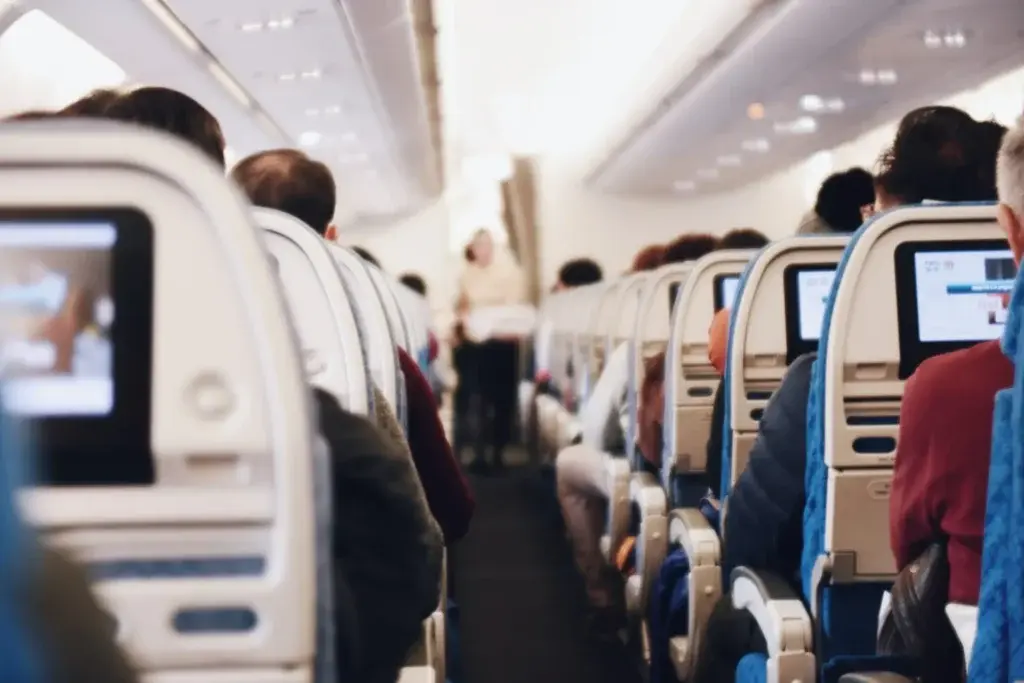Planning a trip to Guinea: what papers do you need? How can you make sure you're well covered during your stay? How do I take out travel insurance for Guinea? We tell you all about it in our complete guide!
Travel insurance Guinea
Prix moyen constaté
10,05€/Pers*
*Tarif pour un voyage d’une semaine pour une personne de 30 ans (sans annulation).


COVID-19
Full "recommended" vaccination schedule

Mandatory documents
Valid passport is required

Residence permits
Visa required

Currency
Guinean franc

Vaccination
Yellow fever vaccine mandatory
Make sure your vaccinations are up to date

Travel insurance Guinea
500,000 coverage recommended by Yupwego

Best period
November to March

Emergency numbers
medical emergencies - 15
Useful information about luggage shipping to Guinea
online
Start your quotation now and obtain your medical insurance certificate insuring medical expenses up to €500,000.
Discover Guinea
Guinea in brief
Guinea, known as the water tower of West Africa, is a jewel of diversity.
Firstly, its landscapes vary from the sunny beaches of Bel Air to the high plateaus of Fouta Djallon.
Then there's the cultural richness evident in the lively markets, traditional dances and enchanting music.
Nevertheless, it's its flora and fauna, particularly in reserves such as Niokolo-Koba National Park, that amaze.
Finally, the hospitality of the Guineans makes every visit memorable.
Must-sees
See our complete guide to
in Guinea
Travel insurance Guinea
Is travel insurance compulsory for Guinea?
Travel insurance is not mandatory for Guinea, but is highly recommended to cover medical expenses, trip cancellations and other unforeseen events. It gives you peace of mind during your stay, in the event of medical needs or unexpected situations.
Why should you take out travel insurance in Guinea?
We recommend that you take out travel insurance for Jordan for several reasons:
- Medical expenses: In the event of illness or injury.
- Repatriation: If you need to be evacuated to receive appropriate medical care, travel insurance can cover the cost of evacuation, which can be very expensive.
- Third-party liability: If you cause damage to others or property, travel insurance can cover the cost of third-party liability.
- Loss and theft: If your luggage is lost or stolen, or if you lose money or valuables, travel insurance can cover these losses.
- Cancellations and delays: If your trip is cancelled or delayed due to unforeseen circumstances, such as illness or natural disaster, travel insurance can cover the associated costs.
What does my Guinea travel insurance with YUPWEGO cover?
To travel to Jordan, YUPWEGO recommends a minimum cover of €500,000. Here's just one of the coverages we offer for each of our contracts:
À savoir avant de partir
What are the entry requirements for Guinea?
As a French national, you need your passport and a visa to travel to Guinea.
Jet lag
The time difference between France and Guinea is two hours in summer. Noon in Paris, 10am in Conakry.
The time difference between France and Guinea is one hour in winter. Noon in Paris, 11am in Conakry.
How can I insure myself for the long term?
If you wish to insure yourself for a long period in Guinea, you may consider taking out
expatriation insurance
specially designed for expatriates, or a
PVT insurance
insurance if you are studying or doing an internship abroad.
Health and care in Guinea
What are the health risks in Guinea?
Health risks in Guinea include mosquito-borne diseases such as malaria, dengue fever, chikungunya and yellow fever, for which up-to-date vaccinations are recommended. Food and water hygiene must be monitored to avoid gastrointestinal infections, typhoid fever and cholera. It's best to drink sealed bottled water.
For more information: https: //www.diplomatie.gouv.fr/fr/conseils-aux-voyageurs/conseils-par-pays-destination/guinee/#sante
What type of plumbing system should I use?
In Guinea, the choice of sanitary network depends on a number of factors, including your medical needs, your location and your financial preferences. Public hospitals are available for basic care, but waiting times and quality of service can vary.
Travelling responsibly in Guinea
How can you reduce risks by traveling responsibly?
- Respect the environment: Preserve natural beauty by avoiding littering and respecting protection rules in natural parks and sensitive areas.
- Be respectful of the culture: Familiarize yourself with local customs and standards of conduct. Wear appropriate clothing when visiting religious sites, and respect local traditions.
- Support local businesses: Promote local businesses, restaurants and markets to support the local economy and encourage sustainable tourism.
- Reduce your carbon footprint: Opt for eco-friendly means of transport such as public transport or cycling to reduce your impact on the environment.
- Save water and energy: Use natural resources responsibly, whether at the hotel or elsewhere. Turn off the lights and air conditioning when you leave your room.


















